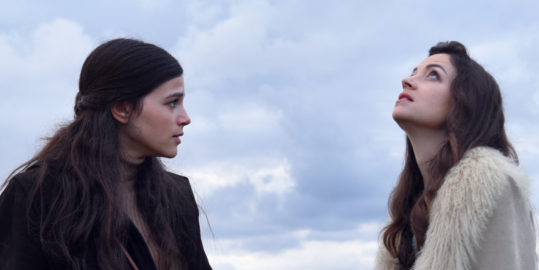Tags
"Days Without End", "Deafening", "Juniper: The Girl Who Was Born Too Soon", "Lions", "Memories Last Breath", "Requiem", "The Blood of Emmett Till", "The Cubs Way", "The Worst Hard Times", Bonnie Nadzam, Calvin Trillin, Favorite Books by MillersTime Readers, Frances Itani, Garda Saunders, Kelley & Thomas French, Longreads, Sebastian Barry, Timoth Egan, Timothy B. Tyson, Tom Verducucci
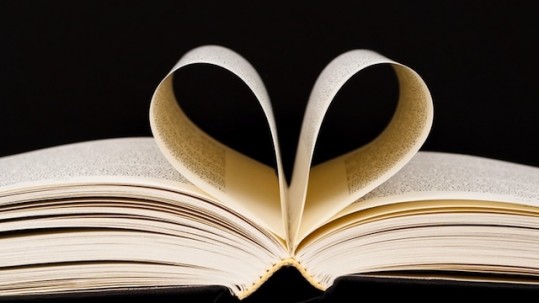
“A Best Friend Is Someone Who Gives Me a Book I’ve Never Read”- A. Lincoln
Not wanting to wait until the end of the year to compile a list of what books MillersTime readers were enjoying this year, in July I posted a list of 205 books that were favorites of 50 different MillersTime readers. If you missed that post, check it out.
Now I just want to remind you that I will again seek your favorite reads at the end of the year and will ask for those at the beginning of December. It takes me quite some time to turn your emails into a readable format, and so I am hopeful that most of you will not wait until my final plea to send in your titles.
Meanwhile, some books I have thoroughly enjoyed recently:
Days Without End by Sebastian Barry (F). This historical novel has it all: an intense story, characters you will long remember, descriptions in language that is simply marvelous, American history with which you may be familiar but which will certainly expand your knowledge, and a good deal of wisdom. It’s the story of an Irish immigrant, aged 17, who fled the great famine, came to America, joined the army (1850) and along with a brother-in-arms first fought in the Indian wars and then in the Civil War. I listened to the novel, read by Aidan Kelly, and found his accent along with Sebastian Barry’s language simply mesmerizing. Though it was long listed for the Man Brooker Prize this year, it didn’t make the short list. It should have in my humble opinion. It will certainly will be in contention for one of my favorites of the year.
Lions by Bonnie Nadzam (F) is another audible book that I thoroughly enjoyed. It’s the story of a dying Colorado town and a young man’s and a young woman’s youth there. Though deeply in love, his need to remain and her need to leave create a dilemma that seems unresolvable. Again, wonderful descriptions of the two individuals, the other towns people, the collapsing town itself, and a bit of a mystery too.
The Worst Hard Times by Timothy Egan (NF). Probably my most favorite book of the year (so far). This is the untold story (at least for me) of those who stayed put and didn’t flee the Dust Bowl (like the Joads in Grapes of Wrath). Just as The Warmth of Other Suns was captivating and educating, so too is this story of individuals and families who chose to remain in the High Plains during the late 1920s & 1930s despite the devastation brought by drought and dust. Timothy Egan’s understanding of what happened, why it happened, and to whom it happened is an important part of our history. And he tells it well. Winner of the National Book Award 2006.
Killings by Calvin Trillin (NF). Trillin is a national treasure, and I never tire of reading what he writes. This just released book is a compilation of New Yorker articles he wrote (in the 60s/70s/80s) that all focused on killings in various parts of the U.S, mostly in small towns. Very few ever made the news, but in telling these events, Trillin tells us much about America, and his descriptions of the people involved and the settings is marvelous.
The Cubs Way: The Zen of Building the Best Team in Baseball and Breaking the Curse by Tom Verducci (NF). Usually I leave reading about baseball to the winter months when I am deprived of the joy and pain of following my heroes. But at the suggestion of a son-in-law I read this in July. It tells the behind the scenes story of how Theo Epstein and Joe Madden systematically went about building a team that was able to break the longest drought in sports history, 108 years without a championship. While it is one of the best baseball books I’ve read in many years — and I’ve read many — it’s about vision, building, leading, inspiring and is applicable to other sports and team building as well.
Memories Last Breath: Field Notes on My Dementia by Garda Saunders (NF). At least one in nine of us will at some point be diagnosed with some form of dementia. In this memoir, Garda Saunders chronicles what it’s like to live with the knowledge that one’s brain is betraying her. In the process of losing her mind, she examines the science and literature of dementia as well as her own personal story. Not quite as outstanding as When Breath Become Air, but well worth the read if the topic of dementia is on, or one day will be on, your mind.
The Blood of Emmett Till by Timothy B. Tyson (NF). Another book I put in the crowd with The Warmth of Other Suns and The Worst Hard Times. It’s the story of the 1955 lynching of a 14 year old African American boy in Mississippi in 1955. I have some memory of this event, but Timothy Tyson’s narrative is both eye opening, including new evidence from this time in our history, and riveting. I couldn’t stop thinking about parallels to today.
Juniper: The Girl Who Was Born Too Soon by Kelley French and Thomas French (NF). Juniper French was born at 23 weeks’ gestation, weighing one pound and four ounces. Here the father and mother in alternating chapters write openly and honestly about their struggles and the events that led to a successful outcome.
Also, thanks to a MillersTime reader’s insistence, I have now read two books by Frances Itani, Requiem (F) and Deafening (F). Once again I wonder, marvel, at how I could not have known about a writer and her work. These are very different stories, but both are worthy of your consideration. Requiem is the story of the experiences of a Japanese family that is put into a Canadian internment camp in the 1940s, and the story alternates between the experiences of young boy and his visit back to what remains of the camp many years later. Deafening is the story of a young girl made deaf by scarlet fever at the age of five, her coping, her living away from home, and then her living in the hearing world. It is also the story of Jim (a hearing person) whom she marries shortly before he has to leave Canada to be a stretcher bearer in Europe in WWII. It is a lovely and often wrenching story and tender accounting of two individuals that will remain with me. I look forward to reading more of Frances Itani’s writing and story telling.
** ** ** ** ** ** ** **
On a different note, I want to let you know of a curated listing of best magazine reads every week. The site is Longreads, which you can join at no cost, tho a donation is appreciated. Each week you will get an email on Friday with links to five outstanding articles from a wide variety of publications. Generally the articles take anywhere from 15-30 minutes to read. There is almost one every week of interest to me that I haven’t seen in my own scanning of the Internet as well as one that I have already found on my own. Check it out at Longreads.com. (Scroll to where it says Get Longreads Weekly Email. The sign up is simple.)


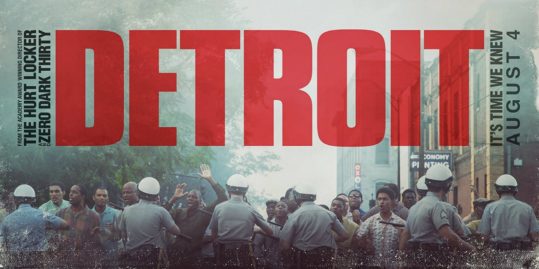
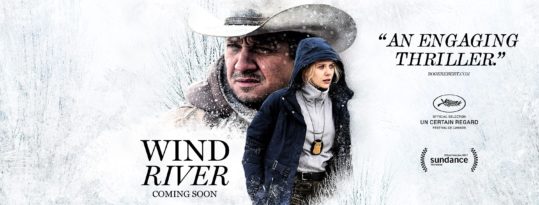
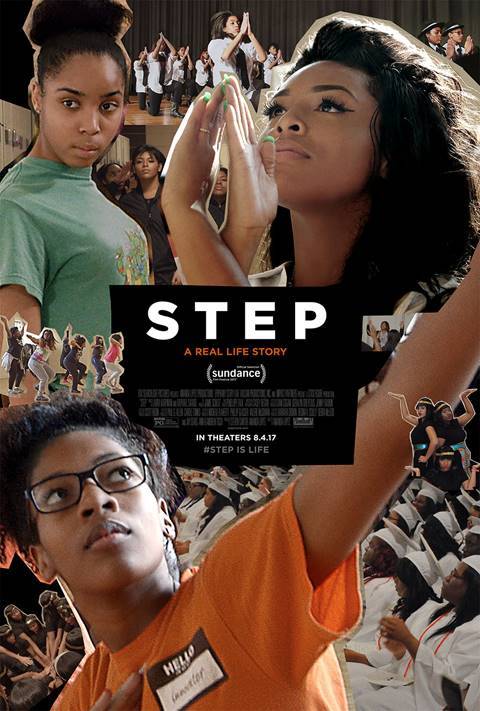
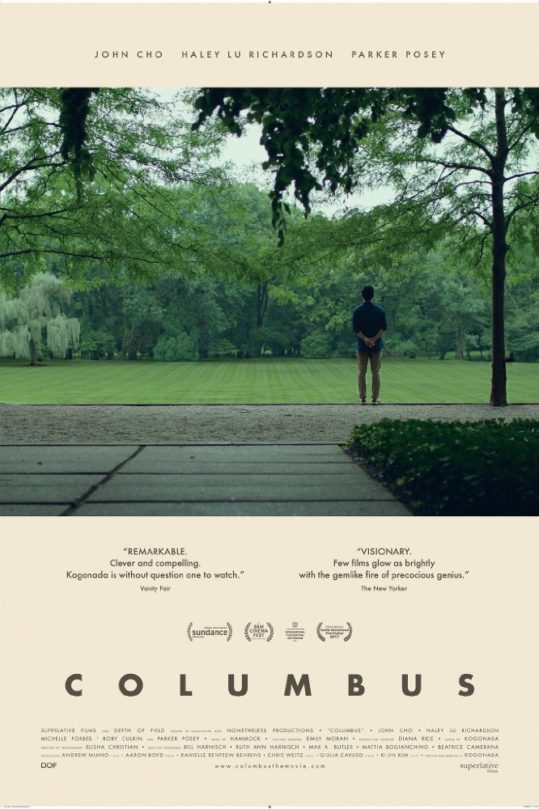
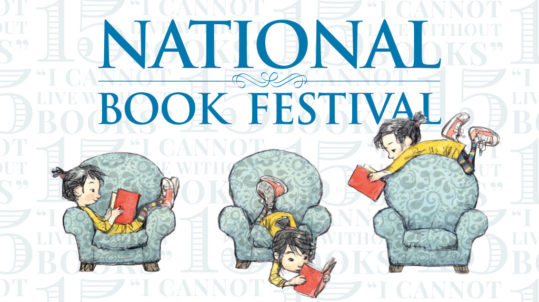

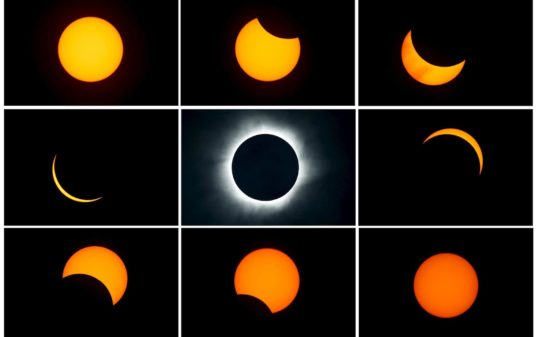
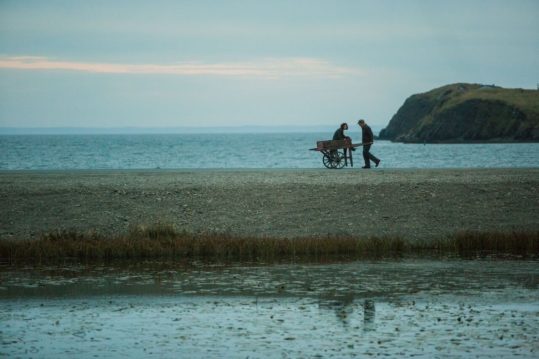
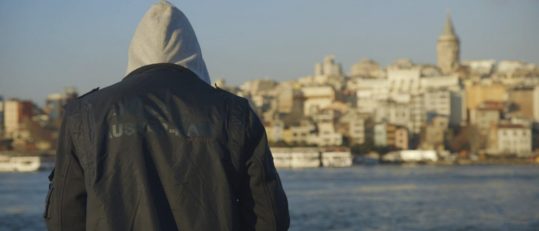
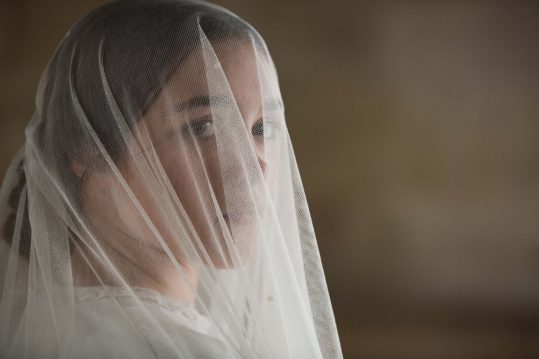
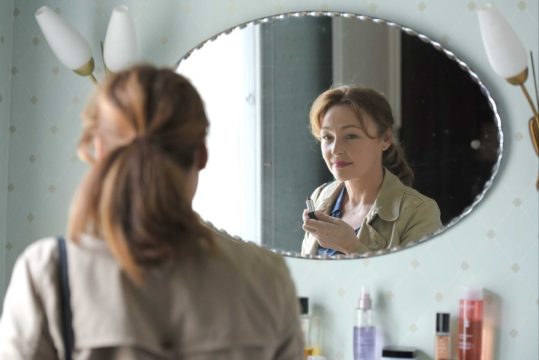
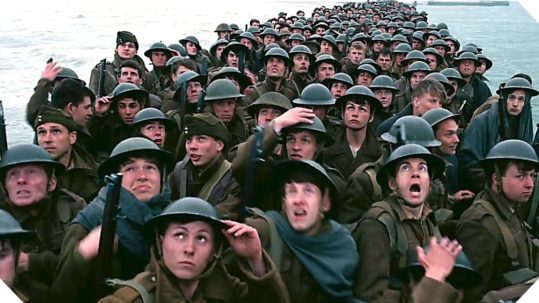
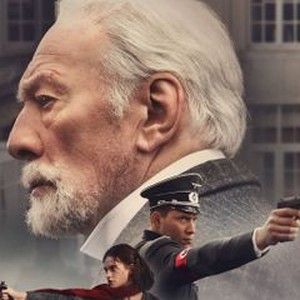
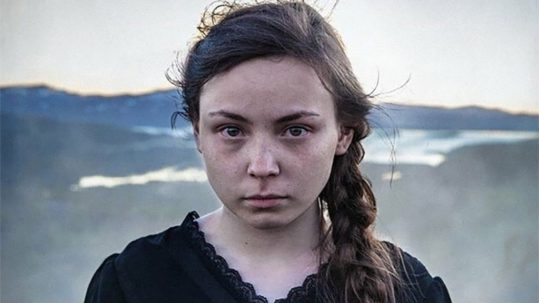
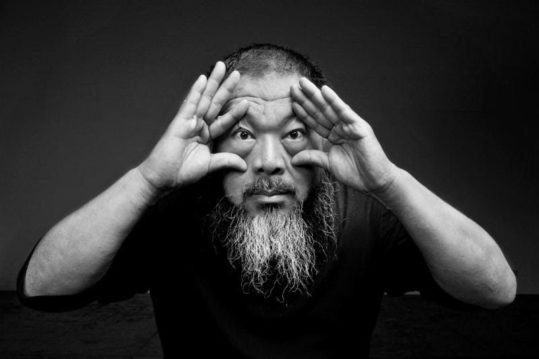

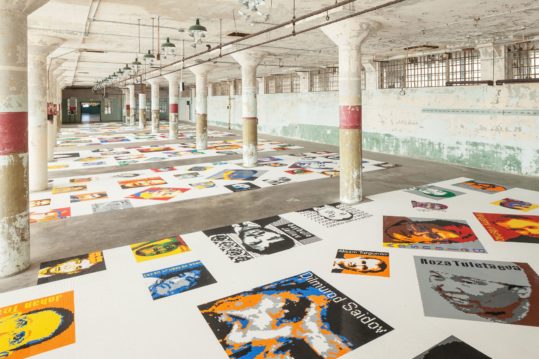 Each of the portraits is made of thousands of plastic LEGO bricks, assembled by hand and laid out on the floor. This piece was originally commissioned in 2014 as a site-specific installation at the former Alcatraz Federal Penitentiary. It was commissioned by FOR-SITE Foundation, and became a collaboration of the National Park Service and the Golden Gate Park Conservancy. It reportedly drew nearly 1 million visitors.”
Each of the portraits is made of thousands of plastic LEGO bricks, assembled by hand and laid out on the floor. This piece was originally commissioned in 2014 as a site-specific installation at the former Alcatraz Federal Penitentiary. It was commissioned by FOR-SITE Foundation, and became a collaboration of the National Park Service and the Golden Gate Park Conservancy. It reportedly drew nearly 1 million visitors.”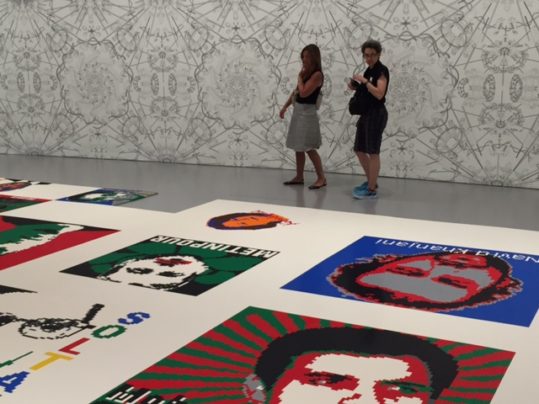
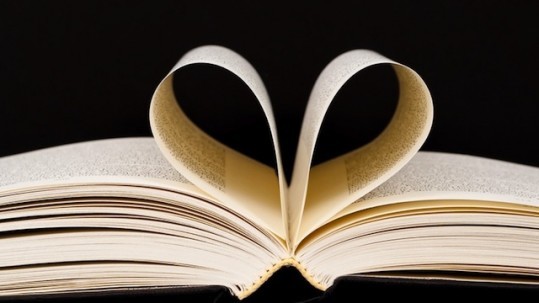
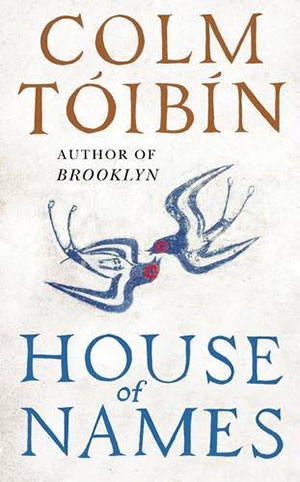
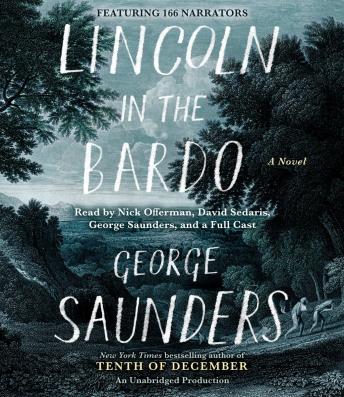
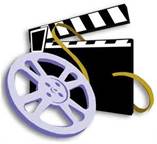
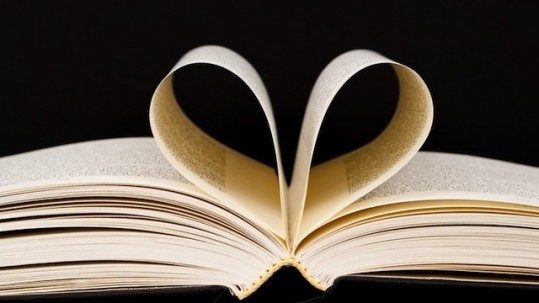
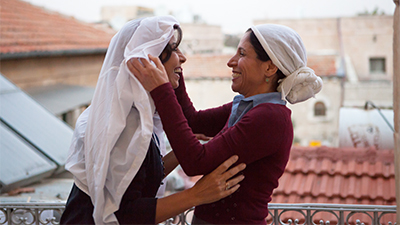 “The Women’s Balcony” Opening Night Film
“The Women’s Balcony” Opening Night Film